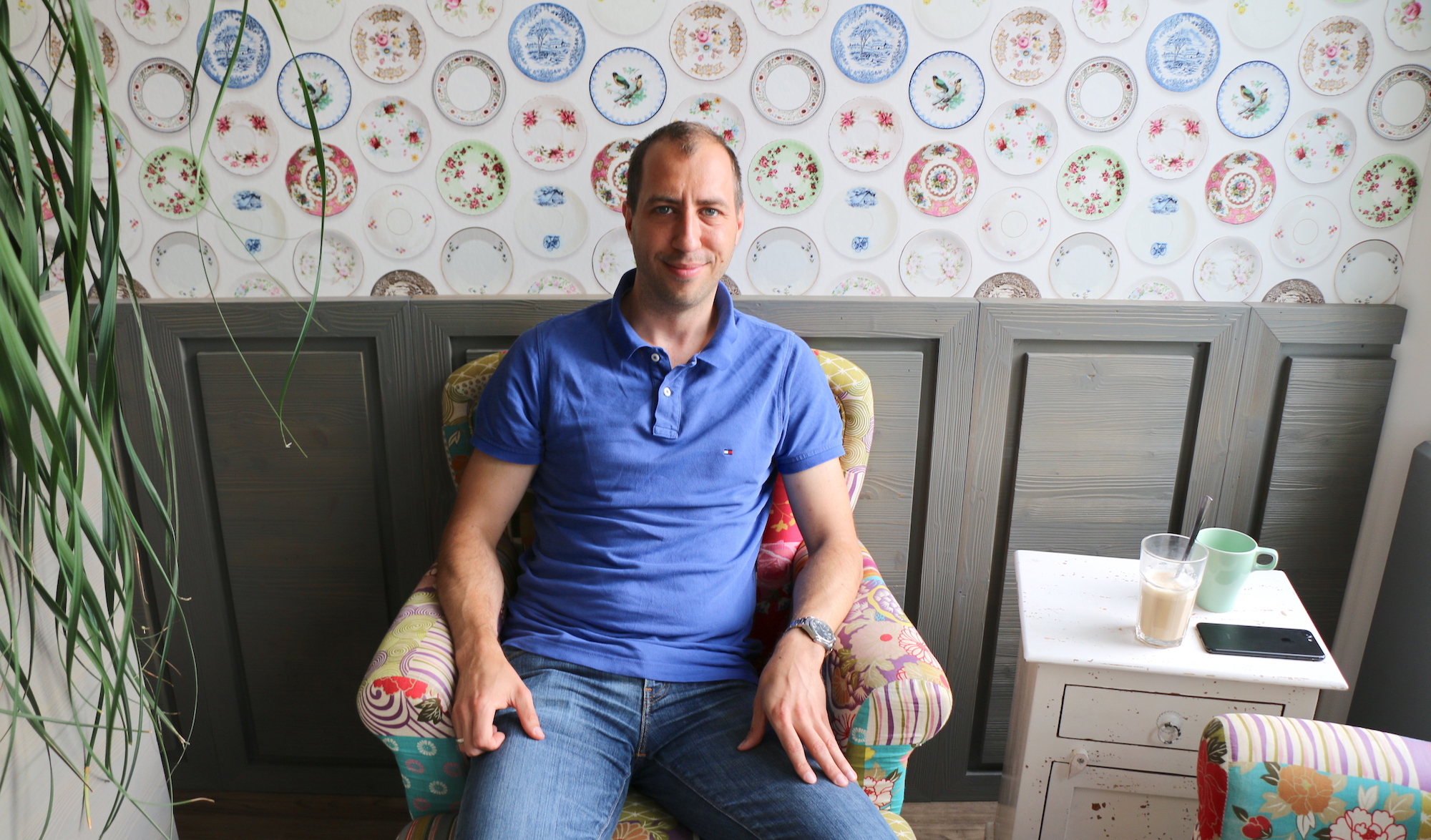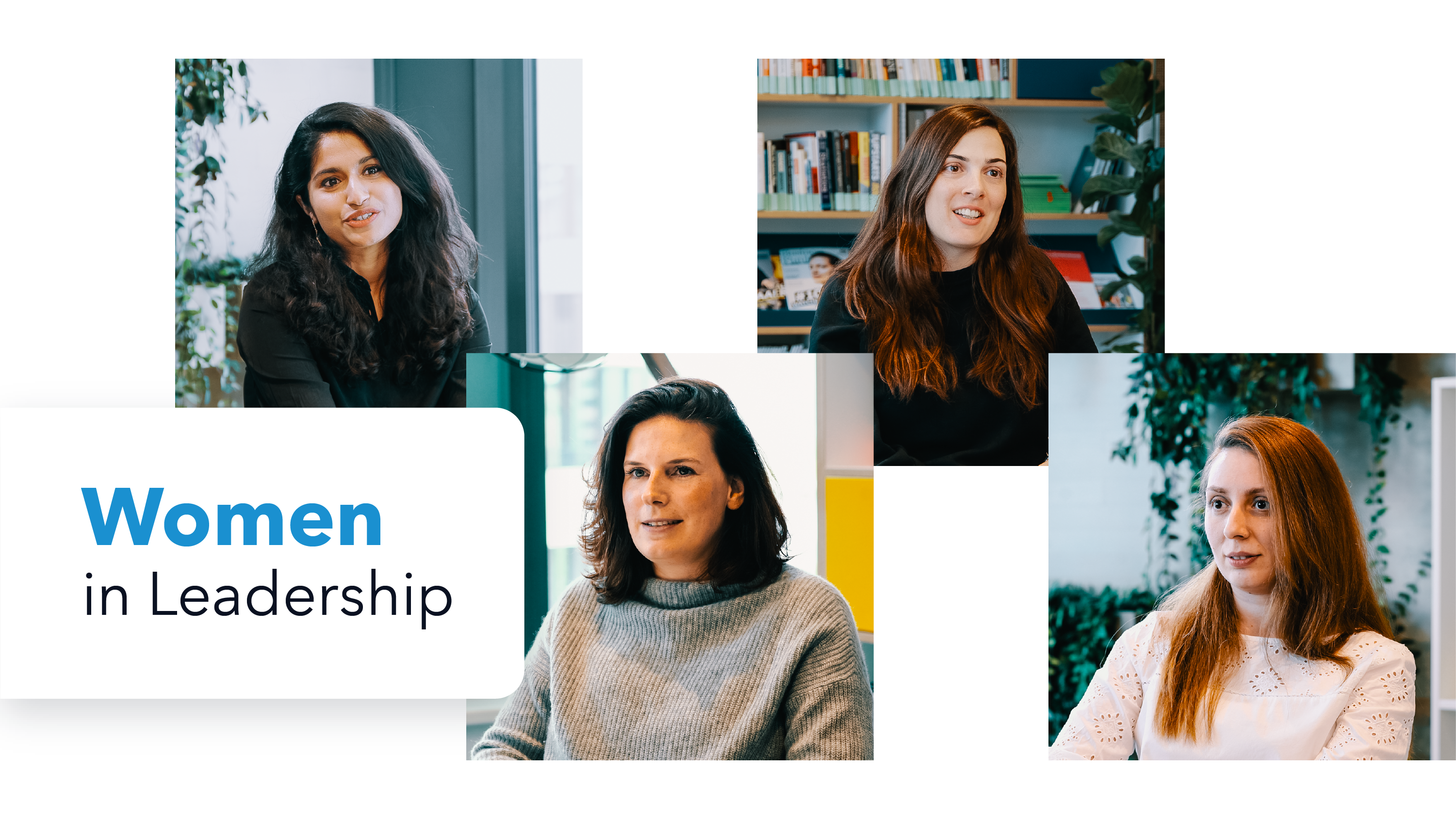Humans
Data doesn’t lie: Meet Zoltan from User Profiling
Zoltan Petres is the Product Lead for User Profiling. A relatively new team at trivago, their mission is to deliver a relevant and descriptive profile of users, which can be used by anyone in trivago to drive relevance and personalization for our users.
Life at trivago: Hi Zoltan, thanks for meeting. First up; I, like many others, probably have preconceptions about what User Profiling is. So, imagine I am giving someone outside of trivago an office tour and I say “This is the User Profiling Team”, they say “What’s User Profiling?, what does that mean?” How would I best answer?
Zoltan Petres: Well, I can give you a long answer, but you can make it short for them, right?
Lat: I can try!
ZP: Okay, let’s start with the problem and how we solve it. Basically, if you go to a travel site, the interface wants you to answer a lot of questions, right? i.e. Where do you wanna go? Paris. What date? This weekend. How many people? 2. Full stop. Then you start first seeing hotels and then you have to start checking boxes, i.e. Wi-Fi, breakfast, etc.
This is the status quo, but if you compare this with, for example, how you buy a car, it is very different. I might want a car for business, for leisure, for my family, I might want sporty, or eco-friendly. You don’t automatically go after features, you go after a feeling. The features come much later.
So, back to hotels, yes you might want to go to Paris, but you might also want to say “I want to go to a place where the weather is nice, where there is a beach, where I can do some activities like sports and so forth. On many occasions, the feeling or desire comes first, then the destination isn’t forced, and it matters only at the end. So what we want to understand is “What is the user’s personal “feeling” preference? Going back to the car analogy: “Safety” would be a preference, and then next you have additional categories such as ABS, airbags, etc. Moreover, in the long run, you won’t need to express your preferences again, as we know who you are, and what your preferences are.
At the moment, the challenge for us is that the interface limits the possibilities. So, fundamentally what we need to do first is to understand who you are, and then we can provide you with the perfect interface to interact with. Our key challenge is to understand your mental model so that when we know your hotel preferences, we can then provide you with the right accommodation with the right features and we can explain to you exactly why this is the perfect accommodation for you. As an example, if you just type in “Romantic Vacation” we want to know what you believe romantic is.

Lat: So, this “Romantic Vacation” seems like a great functionality, is this something trivago is already starting to use, or is this where we are moving to?
ZP: Well, we already have a mental model of the user, but it’s really silly haha. Because the interface we provide is very structured, it’s a chicken and egg situation. If you make the interface too flexible but you don’t make the intelligence behind the scene in par, then you run into a problem. That is a very valid problem with many chatbots currently. You may have had a situation where your parents are like “Oh this internet thing is too complicated for me, I don’t know where to click, etc.”. But if your mother can talk to a travel agent and says, “I want this or this or that” it is of course more appealing. So, we could offer an interface today that says, “tell me what you want” and then you speak, and then we can process it. But we need to gradually make the interface more open, for instance, by introducing concepts where we let you express your desires. We start collecting data and we improve the model, the brain more intelligent. It has to be in gradual improvements. Once we are capable of processing and understanding your full expression and put into a relevant hotel preference context, then we also give full freedom on the expression side as well.
Lat: It sounds like exciting times ahead by all accounts.
ZP: It is very exciting. We want to have a mental model for your hotel preferences; for business, for leisure, for whatever trip you can think of. And we would like to map it in a trivago way, so we can find the ideal hotel for the user.

Lat: So is User Profiling similar then to Personalization?
ZP: We are connected, but the two are not the same. For us personalization means that I know who you are and I adapt the interface to be relevant as possible for you. Currently the Interface/Product team is focusing on that. In contrast, User Profiling involves providing the Interface/Product team all the information we know about the user, and they make it perfect by emphasizing the important aspects, and removing the less relevant ones. User Profiling is more like the core data, the source.
Lat: So, we established User Profiling is not personalization in a visual way, so how then does it then affect say the site or interface?
ZP: We create a profile with the core data to enable effective personalization. For example, we detect that you are in Düsseldorf and you would like to go to London. We assume based on data and learnings, and give the recommendation that for this trip you are probably flying and not driving. Then by providing this data Personalization can create the customised interface that supports that; by highlighting the time it takes to get to the hotel from the closest airports and hiding all parking related information. Another example; we detect that you are in Düsseldorf, in your home town, and you enter “Germany Spa and Wellness”, we can provide the assumption that we prioritize the hotels that are the shortest destination, because it is more likely that for a 3 day break you would rather travel by car 200km than flying all the way to Munich only for a Spa retreat. That is the data we provide. Then we need an interface to explain that in a clear way, that is the Personalization.
Lat: So, I’m thinking now my next interview should be with Personalization. It is interesting how this data travels and where it ends up. So how does a day in User Profiling look, you need to get this data, these assumptions, obviously you can’t analyse each individual person….
ZP: Yes, yes we do! We focus on each and every user at trivago. For that, we mainly use data points that trivago collects, but we can also have 3rd party information such as Facebook profile info etc. though we don’t do this yet. Then we dig into this vast amount of information for every user from every possible point of view to build a profile that can be accessed in real-time to know exactly who that user is. All in all, we can tell what channels you’re coming from, how many bookings you have done, when the bookings happened etc. so what we want to do is get a detailed profile for every individual.

Lat: Okay, I can’t even begin to imagine the answer to this but how many profiles have you built?
ZP: Well we have many-many million monthly visitors, with a large number of them are new to the platform. Thus, we see a lot of unique users over a year.
Lat: How big is your team?
ZP: At the moment, we are 12 people.
Lat: How do 12 people process that many people?
ZP: Well, it does not really matter how many people but how many machines we have, how many robots! It is all in the cloud in terms of technology, we decided from the start that this would be the first product that we develop fully in the cloud. Well, correction, because our Amsterdam innovation centre is also using the cloud, but the difference with ours is that we need to provide a real-time system which is tightly connected with the rest of the application. This is really stepping out of our comfort zone from an IT perspective.
Lat: So for the 12 people in your team what does their daily work look like? Just chatting to machines all day?
ZP: We have 3 profiles, and we call them Wizards. We have Software Engineering wizards, Data Science wizards and I guess the Product peeps are more like magicians! So, obviously the data guys try to understand new patterns and try to exploit new info from the data; data mining basically. Once they provide the learnings, the Software Wizards make it possible to scale it. So, data people are like understanding and prototyping, and then the engineers make it able to run and be usable for all of trivago. The Product people are coordinating and collecting the business needs and data problems, and translating that to engineering or data scientist projects. Then, going back and forth, making sure it is all working as planned.
Lat: Mind-blowing. How long has the team existed?
ZP: We started this in March, it’s a completely new team. I mean, now we are 12, but we are growing, we are looking for new wizards.
Lat: What kind of wizards are you looking for?
ZP: We need skilled multi-talented people, not just PHP or frontend. Our wizards need a holistic view and need to provide something special on the domain they are working. Also, we are a new team with new technology. We are very green field. We have the freedom to experiment with whatever technology we want if we see a benefit. We don’t have to stick to legacy. That in itself is a challenge, because we are inventing everything from scratch. We need people who can come in and do mad shit.
Lat: Wow, sounds exciting! Okay, last question: If you had to sum up User Profiling in three words what would they be?
ZP: Hmmm… Innovate, risk, that’s a big one. We are risking a lot, this whole thing is not a safe bet, even for trivago so that’s the cool thing about trivago, it’s open to make such a brave decision. Which I think companies should do, but it is also risky. And we have gone big: big belief, big team, big data.
Lat: And the third word?
ZP: and… competing with Marketplace to be the power of proof. Because Data doesn’t lie.
Lat: I am going to take “Data doesn’t lie” sound okay to you?
ZP: Sounds very truthful!
Are you a Data Wizard looking for a position at one of Europe’s fastest growing tech companies? Scroll to the bottom of the page and join the Talent Community today!



